Dr. Winnie ANOUMEDEM, ORL-CCF. Country Representative, SHOMEA Cameroon.
Dr. Brice VOFO, FICO, MBA. Co-Founder and Vice-President, SHOMEA.
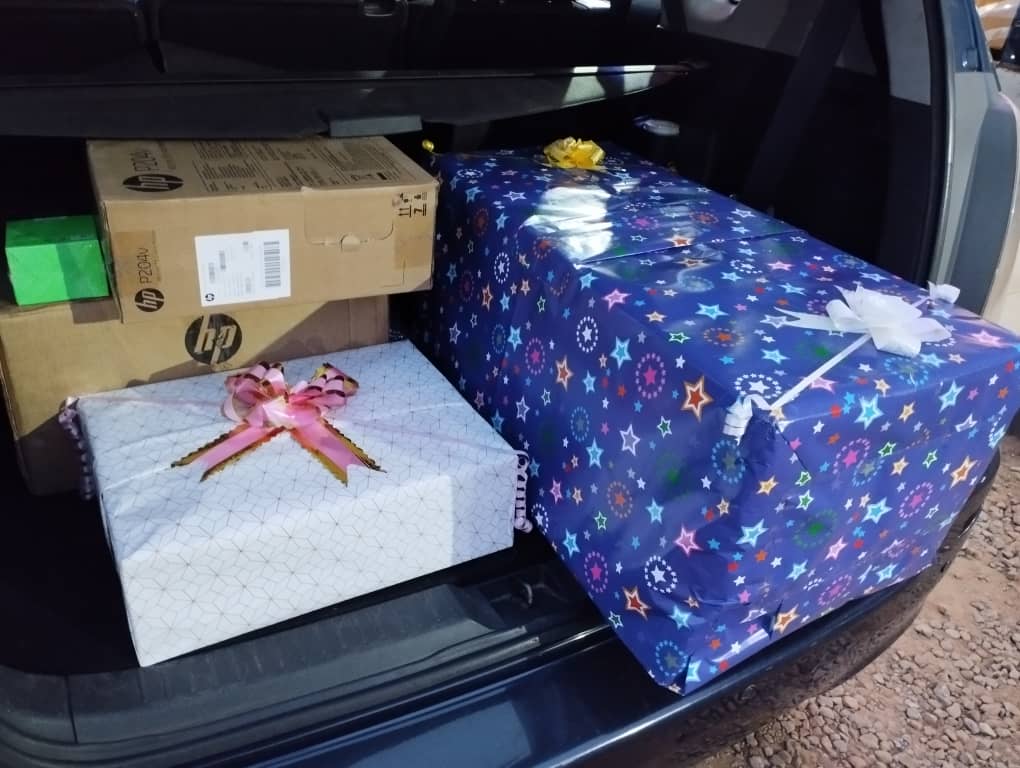
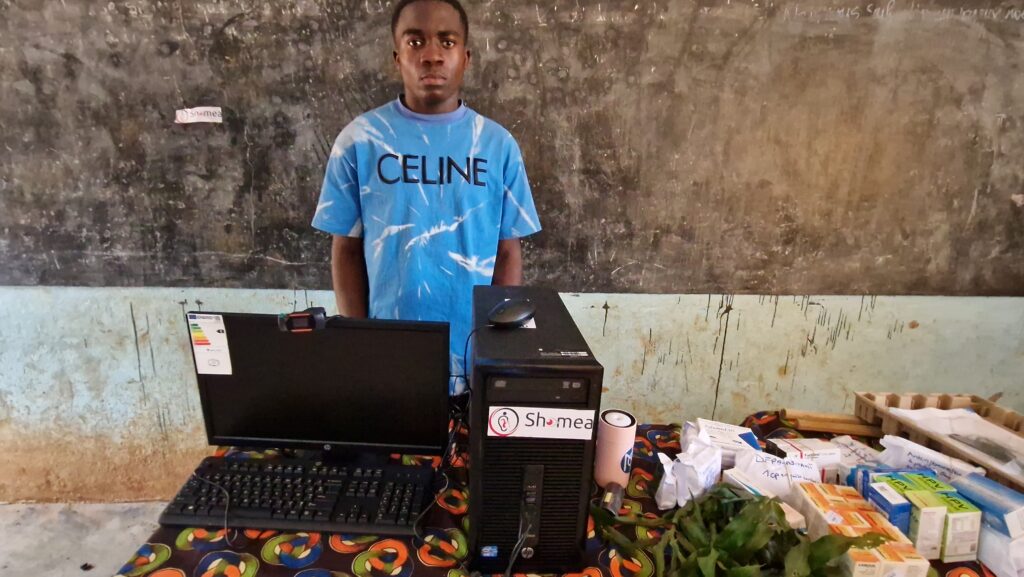
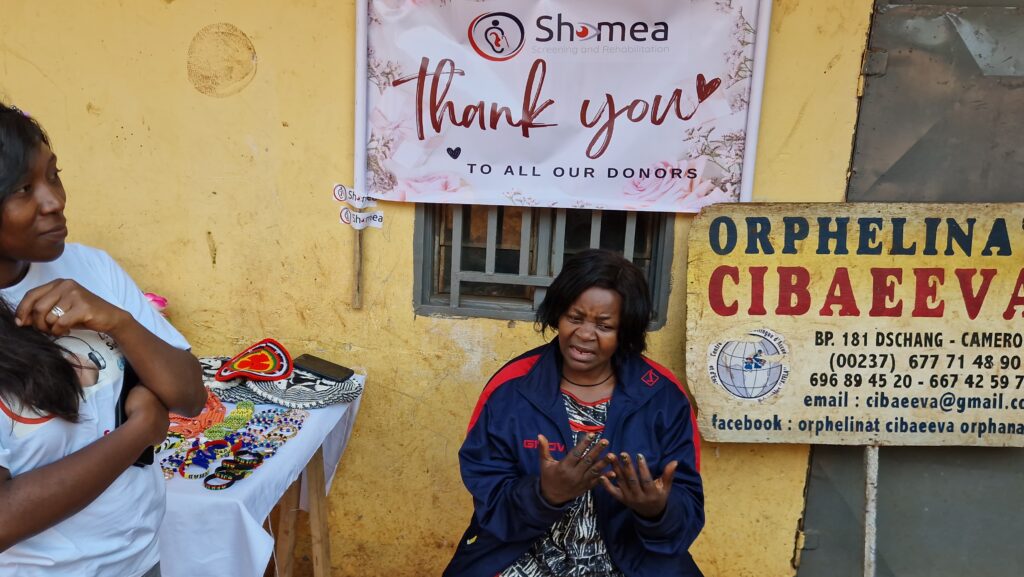
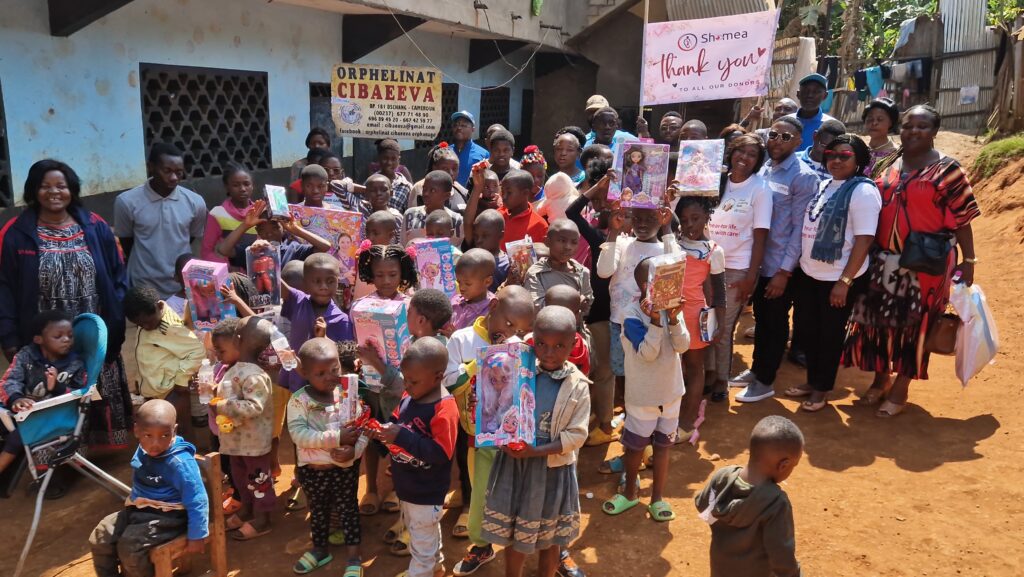
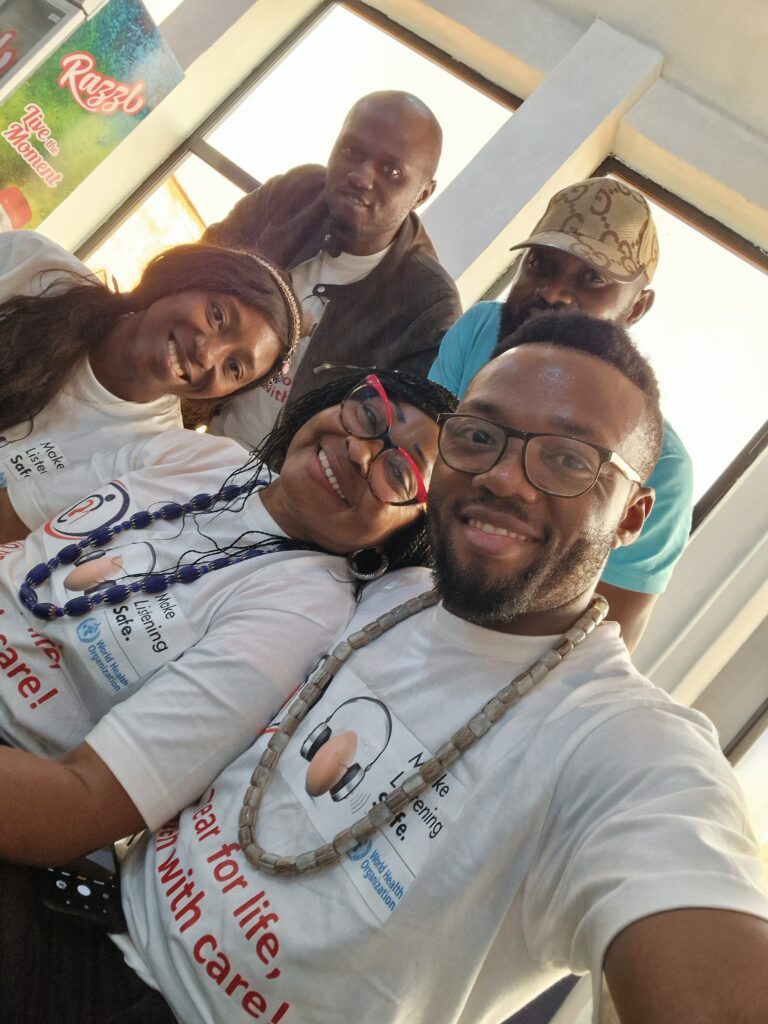
Visiting an orphanage can be a deeply rewarding experience, offering a unique opportunity to positively impact the lives of children who have faced considerable challenges early in their lives. However, it’s crucial to approach such visits with sensitivity, respect, and a clear understanding of how to make your time there beneficial for both you and the children. In this blog, we’ll explore some key considerations and tips for visiting an orphanage as we do at SHOMEA.
Understanding the Purpose of Your Visit
Before planning your visit, it’s important to clarify your intentions. Are you looking to volunteer, donate, or simply spend time with the children? Understanding your purpose will help you plan your visit more effectively and ensure that your presence is beneficial to the orphanage.
Research and Choose the Right Orphanage
Not all orphanages have the same needs or are open to visitors. Research various orphanages, understanding their background, the age group of the children, and their specific needs. Contact the orphanage beforehand to understand their visiting policies and how you can best contribute.
Plan Your Visit
- Scheduling
Coordinate with the orphanage and your team mates to choose a suitable date and time for your visit. Avoid periods when the children have educational or other important activities.
At SHOMEA, we organise visits around holidays and board member’s birthdays to share the joy with the children. A visit at Christmas may require a Christmas tree with gifts for the children, at birthdays, a birthday cake will be appropriate.
- What to Bring
If you plan to bring gifts or donations, discuss with the orphanage staff what is needed. It’s important to bring items that are useful and suitable for the children’s age and situation.
Most orphanages need food stuffs, toiletries, and clothes. Depending on the specific needs of the children, a medical doctor may be consulted to visit the children and offer them medications based on available pathologies. Children with specific needs like hearing, visual and physical disabilities may be assisted by offering them rehabilitation to increase their chances at education and career.
In this digital era, helping the children acquire tools to match the outside world can be vital; these could include desktops, laptops, computer science training, and coaching sessions.
During the Visit
- Interact with Respect and Sensitivity
When interacting with the children, remember that each child has a unique background. Approach them with kindness, respect, and a non-judgmental attitude. Engage in activities that are age-appropriate and enjoyable for them.
- Follow the Orphanage’s Rules
Respect the orphanage’s rules and guidelines. These are in place for the safety and well-being of the children.
- Cultural Sensitivity
Be mindful of cultural differences. What might be a normal gesture in your culture could be interpreted differently in another.
After the Visit
- Reflect on the Experience
Take time to reflect on your visit. Think about what you learned and how the experience impacted you.
- Stay Involved
If you felt a connection and want to help further, consider how you can continue to support the orphanage. This could be through regular donations, volunteering, or advocacy.
- Share Your Experience
Sharing your experience with others can raise awareness about the orphanage and the needs of the children there. However, be mindful of the privacy and dignity of the children when sharing details or photos.
Ethical Considerations
Remember that orphanage tourism, where visitors briefly stop by without meaningful interaction or contribution, can be harmful. Such visits can disrupt the children’s routine and create attachment issues. Always prioritize the children’s emotional well-being over the desire for a fulfilling personal experience.
Conclusion
Visiting an orphanage can be a life-changing experience, but it’s vital to approach it with the right mindset and preparation. By planning your visit carefully, respecting the children and staff, and considering how to make a lasting positive impact, you can ensure that your visit is beneficial and respectful. Remember, the ultimate goal is to support and uplift the children in a way that respects their dignity and contributes to their long-term well-being.
If you wish to join us during our visits at SHOMEA, feel free to contact us.
